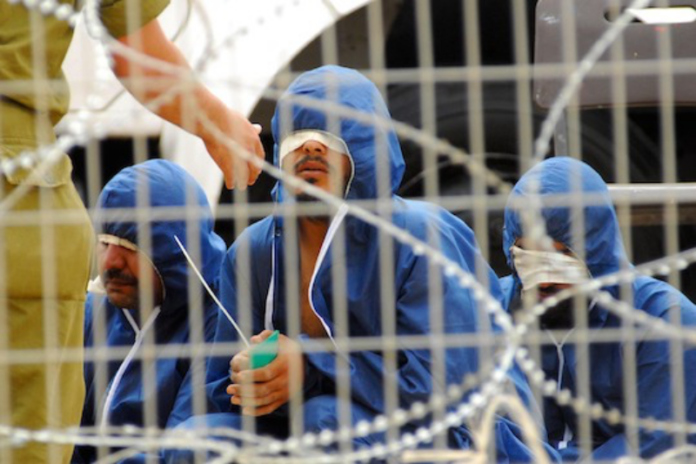On November, 8, Amnesty International decried the Israeli use of arbitrary, administrative detention against Palestinians. They found that “Israel has systematically used administrative detention as a tool to persecute Palestinians, rather than as an extraordinary and selectively-used preventative measure.”
Administrative detention is arrest without apparent reason or due process. It’s become a common practice in recent years not just in Palestine, but in Xinjiang and Kashmir as well. These are all places where Muslims are imprisoned and killed for their religion and ethnicity and receive the ‘human animal’ treatment that Israel has become famous for since the conflict began.
According to the Times of Israel, Israeli Security Minister Itamar Ben-Gvir feels Palestinian prisoners should be treated more harshly, despite the multitude that are jailed for little or no reason. When Ben-Gvir referred to Palestinans as human animals on November 9, he was only echoing Defense Minister Yoav Gallant’s same words when he announced the siege of Gaza in early October.
Amnesty International spoke of the ongoing disregard for human life in Israel, being evident in the torture of Palestinian prisoners, who include women and children. Administrative detention and torture alike are common practices used against Muslims, but only came to light with the exposure of Abu Ghraib during the Iraq War.
In Kashmir, Indian security forces received training from Israel for similar purposes. The Middle East Research and Information Project brought to light the case of one Karim, a detainee in Kashmir, whose interrogators were “white and spoke with US accents. They seemed to show little interest in his activities in Kashmir or his stances on domestic issues. They were instead curious about his views on global politics and especially the Palestinian struggle.”
While the two countries are divided by geography, there remains an Israeli interest in the area. Says Kareem, “I think they were trying to see if I associated myself with the struggles in Palestine and Afghanistan.”
“One of the officers specifically asked me about Hamas,” Karim said about his torture. “I was shocked because they have nothing to do with Kashmir. I told them I have a problem with the Indian occupation of Kashmir, but they were trying to force me to say that I have a global agenda.”
Karim’s interrogators admitted frankly that they were part of the Mossad, Israeli intelligence, and that they were conducting “research.”
If the research involves suppressing dissent, it’s seen some success. India has banned “solidarity protest[s] in Muslim-majority Kashmir and asked Muslim preachers not to mention the [Israeli] conflict in their sermons,” according to the CNBC channel in India. Doing so could, after all, inspire more dissidence in Kashmir the way it did in Gaza.
Although Israel won’t agree to a ceasefire with Hamas until it says the hostages are released, if they haven’t yet been bombed, it is of note that the Israeli government is holding 10x the number of people under administrative detention, and for years, not weeks.
-IP Correspondent






